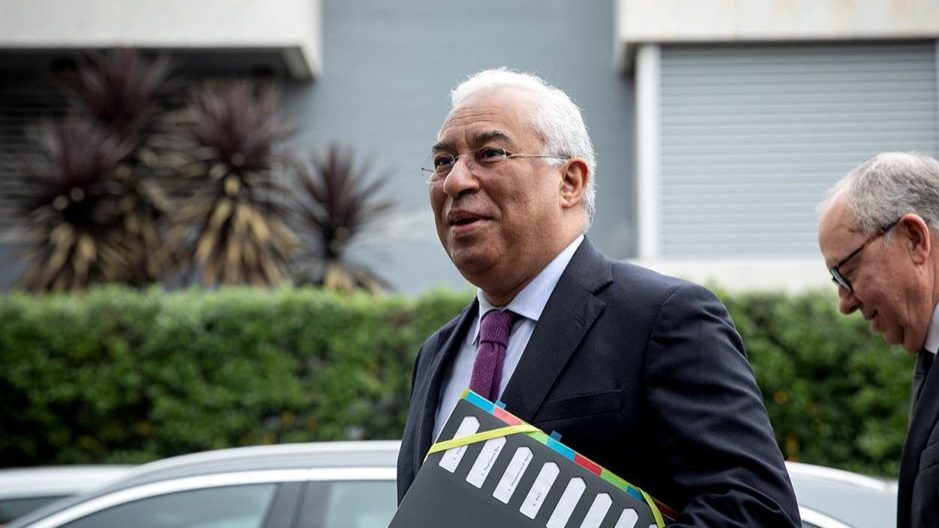Government to spend €4.4M to boost civil servants working remotely
The government intends by the end of the current parliament to have at least 25% of civil servants working remotely.
Portugal’s government intends by the end of the current parliament to have at least 25% of civil servants working remotely whose functions are compatible with it and has earmarked public investment of 4.4 million euros for the purpose.
The intention is laid out in the government’s economic stabilisation programme, which was published late on Saturday in the state gazette, after the government presented the main measures on Thursday, the day of the cabinet meeting that approved the plan, which is aimed at responding to the crisis caused by the Covid-19 pandemic.
Last month the minister for state modernisation and public administration, Alexandra Leitão, told parliament that remote working “has come to stay”, stating that there are 68,000 civil servants currently working in this way.
According to the document, the government intends “by the end of the legislature, to have at least 25% of the workers in remote working from among the universe of those who perform functions compatible with this type of work, allowing greater flexibility in the provision of work and better reconciliation between personal, family and professional life.”
Some of these workers may be in co-working spaces, possibly located in the interior of the country, thus helping combat the depopulation of these areas and promoting the decentralisation of public services there.
“The pandemic has accelerated this measure, which was already foreseen in the Government programme, overcoming resistance and demonstrating that there is no loss of productivity of workers in telework,” the document states.
Job swaps in the civil service, with the increased use of digital technology, should thus also allows savings in transport costs and offer improvements in environmental terms, it adds.
The government also points out the need to strengthen and rejuvenate the workforce, namely through the centralised recruitment of senior technicians, in accordance with a plan for entries and exits in the Public Administration based on the one-in-one-out, taking into account forecasted retirements and an internship programme for young unemployed people or those seeking their first job in the central and local administration, in cooperation with the Institute for Employment and Professional Training (IEFP).
These internships are to have a maximum duration of nine months, with the possibility of them to be served part time to combine with training, and with a corresponding grant.
The governemnt also wants the INA, the Directorate-General for the Qualification of Workers in Public Service to enter into partnerships with higher education institutions to train managers and workers in the civil service, “including training courses for initial and continuous professional qualification, specialisation courses, improvement and professional updating, namely in the areas of innovation in management and modernisation of the Public Administration, including data science.”
The declared aim is to qualify 500 civil servants by the end of 2020, and 5,000 within three years, to 2023, it states.
The government will also launch measures for companies to stimulate job creation and the resettlement of workers and their families within the country with funds from Community programmes (ESF and ERDF).
Within these programmes, the government is to allocate specific support for the creation of jobs either in the interior on a remote working basis and also for the creation of co-working/remote working spaces, also in the interior, with the involvement of municipalities or technological equipment.


